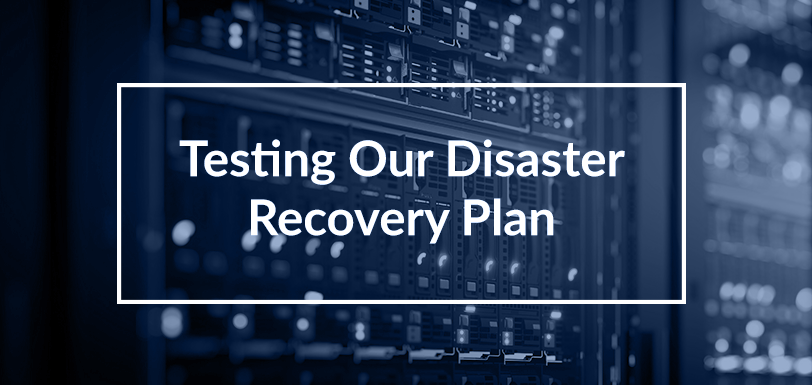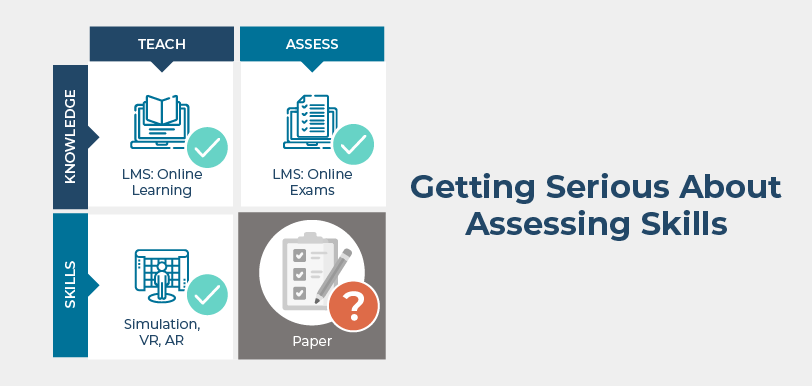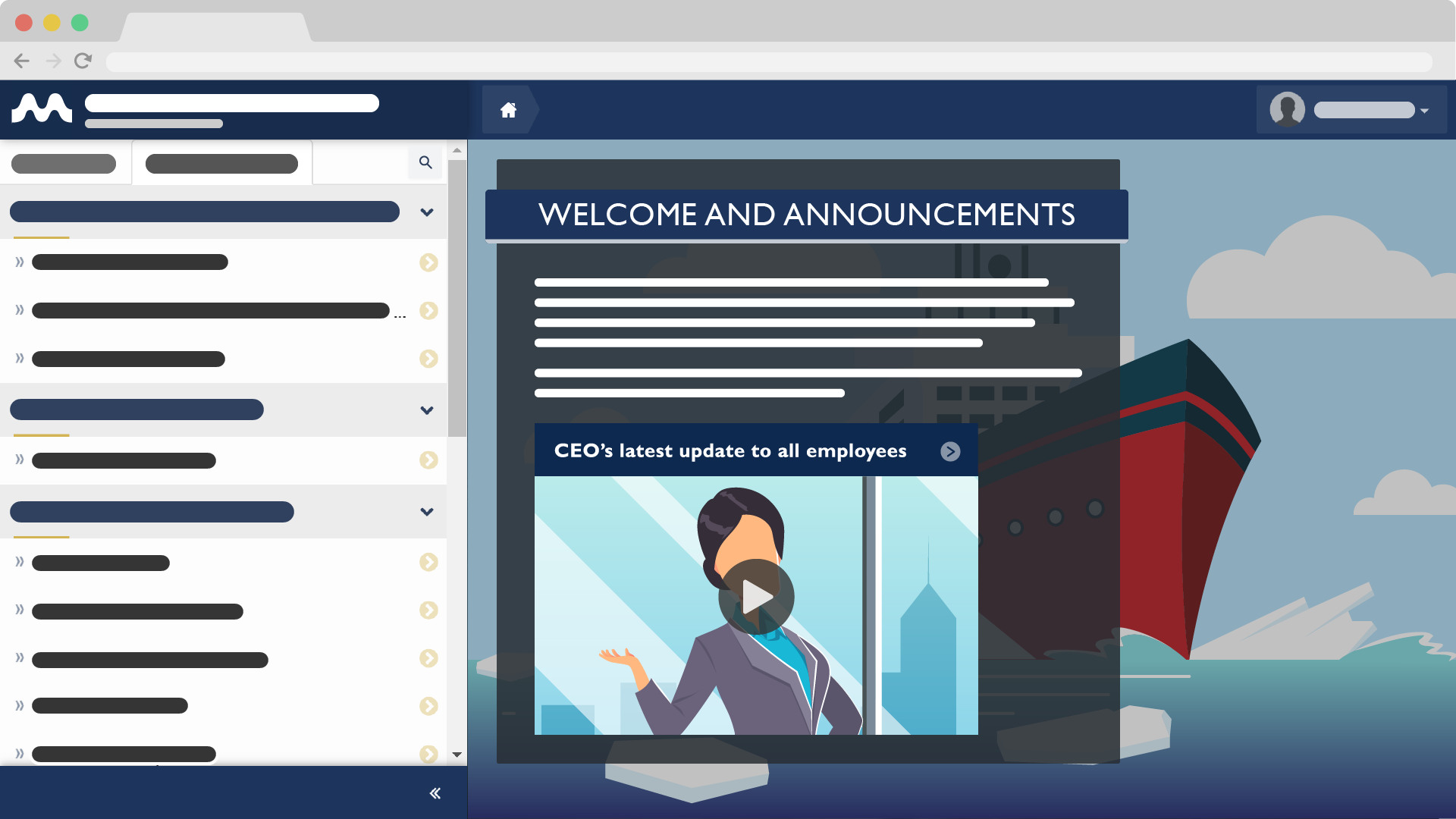Self-study in Marine Training: Can it be Effective?
Jul 6, 2015 Murray Goldberg 0 Maritime Training, Self-studyIn past articles I have blogged about the value of self-study as a powerful component of a job and familiarization training program. As a reminder, self-study, for our purposes, means using learning materials created by the training organization (your company in this case) to learn some aspect of a job or become familiar with aspects of a vessel, route or some equipment. This can be employed in many ways; for example to build a foundation of basic knowledge before the trainee steps aboard for familiarization. The self-study materials are typically web-based (but can be paper based) and include study directions, the information to be learned, and self-tests so the learner can assess their progress. Although the process may be supported by a facilitator, there are no classes and no one to job shadow. It’s benefits are tremendous including cost effectiveness, the ability to standardize on company-vetted best practices, and the ability to accommodate learners with different backgrounds, among others.
In general, these benefits are intuitively obvious. Therefore it is usually easy to convince people that the idea has merit. But the question that always arises is “can a person really learn as well via self-study as they can in a class or with a trainer”? This question has been studied in a great deal of research and analysed through a significant amount of experience. It turns out that the answer is an unequivocal “yes – compared to traditional methods, people can learn as well as or better through self study”. This blog post addresses that question.
Personal Experience
I came to this question myself very naively in 1995. I was a faculty member at UBC in Computer Science and was studying the utility of the web in education. I conducted an experiment with the assistance of UBC’s center for applied studies and evaluation who were there to ensure the validity of the study.
In that experiment we took a third year course I was teaching on operating systems implementation and built a web-based self-study equivalent. We randomly selected students into three groups:
- Group 1 took the course entirely on line through self-study
- Group 2 took the course traditionally with me as their lecturer
- Group 3 had access to both the lectures as well as the on-line self study
My expectation was that the groups which attended my lectures would perform the best. After all, how could anyone learn well without the benefit of my injection of wisdom directly into their brains? Well, it turns out, much to my surprise (and not without severe injury to my self esteem) that students could learn without my direct presence. In fact:
- Group 3, the group that had access to both lectures and the web-based self study performed significantly better than either of the other two groups. They also experienced the highest satisfaction level when asked about their learning experience.
- Group 1, the web-only self-study group, performed slightly better than my lecture-only group and were somewhat more satisfied with the experience.
- Group 2, my lecture-only group performed least well and were least satisfied.
And before you jump to the seemingly obvious conclusion that I am just a lousy lecturer, I should tell you in my defense that of the 30 or so lecturers in Computer Science, I always placed in the top one or two in student teaching evaluations, I won one of three departmental teaching prizes every single term I taught, and I won the university Killam teaching prize in my first year as a faculty member. So – what gives?
The “No Significant Difference” Phenomenon
It turns out that my research had exposed a truth that now is generally considered to be fact. It is called the “No Significant Difference Phenomenon”. Simply said, it means that (all else being equal) the “medium” through which people learn neither positively nor negatively affects learning outcomes. The implication is that, in general, you can replace instructor-led courses with web-based self study and achieve the same learning results. Or you can replace web-based self-study with video courses and achieve the same results.
It could almost be considered a corollary of the above (and it turns out to be true – proven by subsequent research) that if you combine two or more media, people learn better, on average, than if using either single medium alone. For example, if you give students access to a web-based self-study and to a lecture-based presentation of the same materials, they, on average, learn better. This is exactly what I experienced with my students in group 3, above, who had access to the self-study and my classes, and performed best of the three groups.
This is probably not a huge surprise. Different people learn differently. Despite the fact that on average, students learn equally well despite the choice of learning media, individuals will perform better or worse as the media changes depending on their learning styles. Therefore, by combining media (and therefore expanding learning opportunities), the overall performance of the group as a whole will improve.
Obvious Caveat
Now – obviously you have to apply a certain amount of common sense here. If the topic being learned is playing the piano (or steering a ship), no one will learn as well on line or in class as they will by actually playing the piano (or steering the ship). That is because skills require practice. When discussing the benefits of self–study we are talking not about skill acquisition but rather knowledge acquisition. Anyone being trained or familiarized in the maritime industry must acquire both skills and knowledge. Self study might prepare a quartermaster with the background knowledge required to steer a ship effectively, but only demonstration and practice will complete the skill acquisition.
Implications for Maritime Training and Familiarization
There are significant lessons here for training in the marine industry. Consider the merits of self study either as a replacement for existing training (as applicable) or as a supplement to existing training::
- Self-study works as a replacement for any knowledge acquisition exercise. It’s effectiveness is now proven. It is very cost effective. It can be standardized and centralized on the web and therefore can support all knowledge-acquisition efforts which are a part of training and familiarization equally well (and often better) and far more cost effectively than shadowing or instructor-led training. It can be used in place of, in advance of, or in addition to instructor-led training. Moreover, if the self-study is web-based, you will have far greater opportunities to track learning progress and outcomes for individuals and for the company as a whole – enabling the process of continuous improvement.
- Self-study materials improve learning when used in combination with your existing training and familiarization. The research is clear that if you support your site or vessel-based training program by providing comprehensive learning materials which trainees can refer to throughout training, your employees will be more likely to adopt standardized best practices. In addition, because you will be addressing a wider variety of learning styles by presenting “multiple media”, they will learn significantly better. This means a happier, more productive and safer crew.
Conclusion
And that, of course, is what it is all about. Satisfied employees, productive employees, and safe practices. So, if you find yourself or anyone asking “can web-based self-study truly enable learning as well as in-person training for knowledge acquisition”, the sad answer for those of us who are egotistical lecturers is an unequivocal “yes”.
Questions? Comments? Please ask or make them here. We can all learn from the experiences and knowledge of one another.
Blog Notifications:
For email notifications of new maritime training articles, please follow this blog.
Interested in Marine Learning Systems?
Contact us here to learn how you can upgrade your training delivery and management process to achieve superior safety and crew performance.






